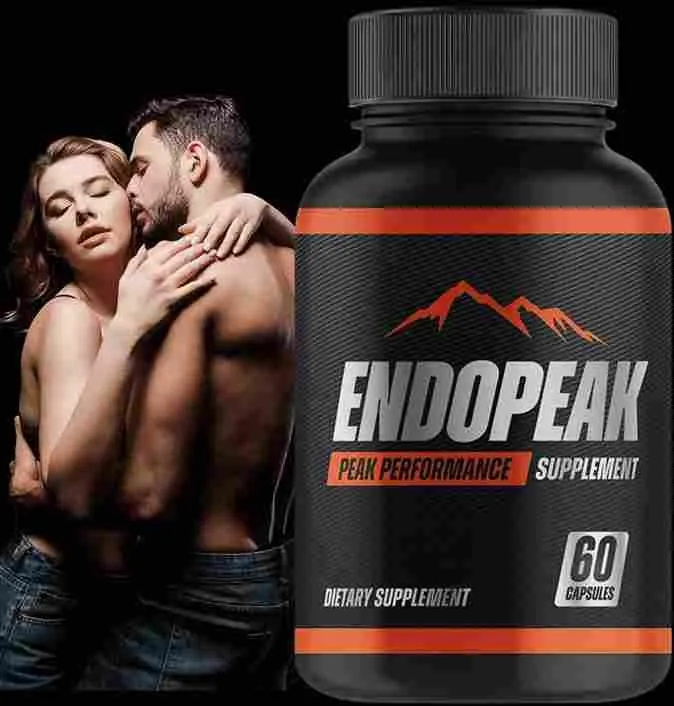
Cholesterol Conundrum: Navigating the Maze of Supplements for Male Health
$69.00
Discover the Best Cholesterol-Lowering Supplements for Men: Natural Remedies to Reduce Heart Disease Risk and Optimize Health.
Description
Cholesterol-Lowering Supplements for Men: A Comprehensive Review
Introduction
High cholesterol is a significant risk factor for cardiovascular disease, the leading cause of death for men in the United States. While lifestyle modifications such as diet and exercise play a vital role in managing cholesterol levels, cholesterol-lowering supplements can provide additional support for those who need it. This comprehensive review examines the efficacy, safety, and potential side effects of various cholesterol-lowering supplements for men.
Plant Sterols and Stanols
Mechanism of Action: Plant sterols and stanols are compounds that resemble cholesterol in structure and compete with it for absorption in the digestive tract. By reducing cholesterol absorption, they lower blood cholesterol levels.
Efficacy: Clinical studies have shown that consuming 2-3 grams of plant sterols or stanols daily can reduce LDL (bad) cholesterol by 10-15%. However, they have a minimal effect on HDL (good) cholesterol.
Safety: Plant sterols and stanols are generally considered safe for most people. High doses may interfere with the absorption of fat-soluble vitamins (A, D, E, K).
Soluble Fiber
Mechanism of Action: Soluble fiber forms a gel-like substance in the digestive tract that traps cholesterol and prevents it from being absorbed.
Efficacy: Soluble fiber, such as psyllium, oat bran, and barley, has been shown to reduce LDL cholesterol by 3-5%. It may also improve blood sugar control and reduce hunger.
Safety: Soluble fiber is generally safe to consume. However, excessive amounts may cause gas, bloating, and other digestive discomfort.
Niacin (Vitamin B3)
Mechanism of Action: Niacin, also known as vitamin B3, raises HDL cholesterol levels and lowers triglycerides. It does this by inhibiting the production of VLDL, a type of cholesterol-carrying particle.
Efficacy: High doses of niacin (2-3 grams daily) can increase HDL cholesterol by 15-35%. However, it is essential to note that niacin can cause significant side effects, including flushing, nausea, and liver damage.
Red Yeast Rice
Mechanism of Action: Red yeast rice is a fermented product that contains compounds called monacolins, which inhibit the production of cholesterol in the liver.
Efficacy: Clinical studies have shown that red yeast rice can reduce LDL cholesterol by 10-20%. It has a similar effect to statin medications but may be associated with fewer side effects.
Garlic
Mechanism of Action: Garlic contains compounds called allicin and ajoene, which have been shown to lower cholesterol levels. They work by reducing cholesterol synthesis and increasing cholesterol excretion.
Efficacy: Studies have found that garlic supplements can reduce LDL cholesterol by 5-10%. However, the effects are modest, and higher doses may be needed for a significant impact.
Omega-3 Fatty Acids
Mechanism of Action: Omega-3 fatty acids, found in fish and fish oil supplements, have been shown to lower triglycerides and raise HDL cholesterol. They also reduce inflammation and improve heart health.
Efficacy: Consuming 1-2 grams of omega-3 fatty acids daily can increase HDL cholesterol by 5-10% and lower triglycerides by 10-20%.
Safety Considerations
While cholesterol-lowering supplements can be beneficial, it is essential to consider their potential side effects and interactions with medications.
Niacin: As mentioned earlier, high doses of niacin can cause flushing, nausea, and liver damage.
Red Yeast Rice: Red yeast rice may interact with statin medications, increasing the risk of muscle damage. It is recommended to avoid red yeast rice if taking statins.
Garlic: Garlic supplements may interact with blood thinners, increasing the risk of bleeding.
Other Supplements: Always consult with a healthcare professional before taking any cholesterol-lowering supplements. There may be interactions with other medications or potential side effects that should be considered.
Conclusion
Cholesterol-lowering supplements for men can provide additional support in managing high cholesterol levels when used in conjunction with lifestyle modifications. Plant sterols, soluble fiber, red yeast rice, garlic, and omega-3 fatty acids are among the most effective and well-studied supplements.
It is crucial to discuss with a healthcare professional before using any supplements, as they can interact with medications and cause side effects. Individual needs and health conditions should guide supplement choice and dosage. By combining lifestyle modifications with appropriate supplements, men can effectively lower cholesterol levels and improve their cardiovascular health.



